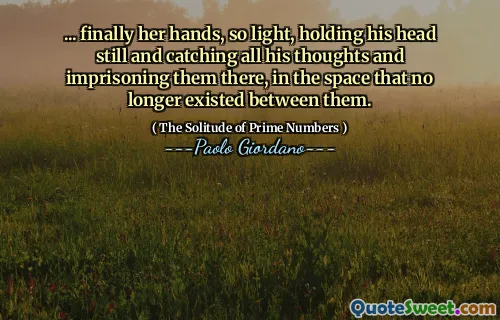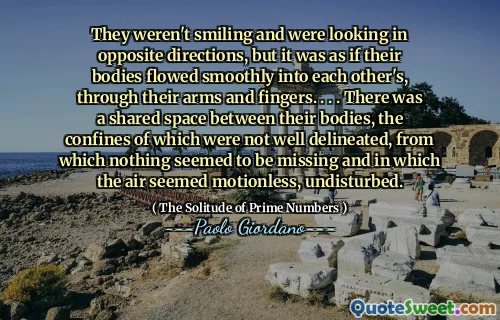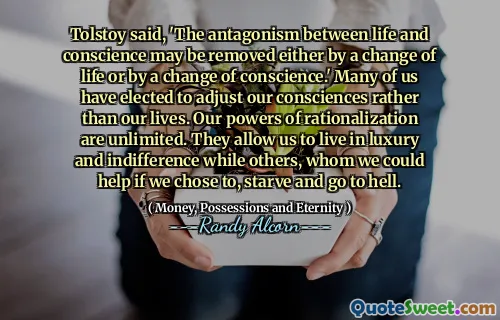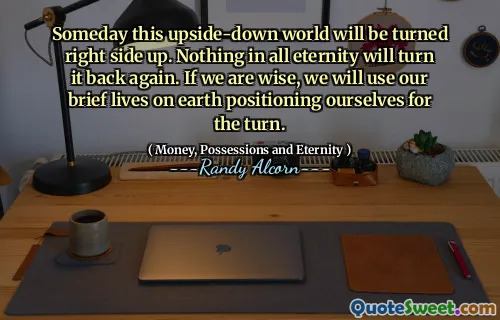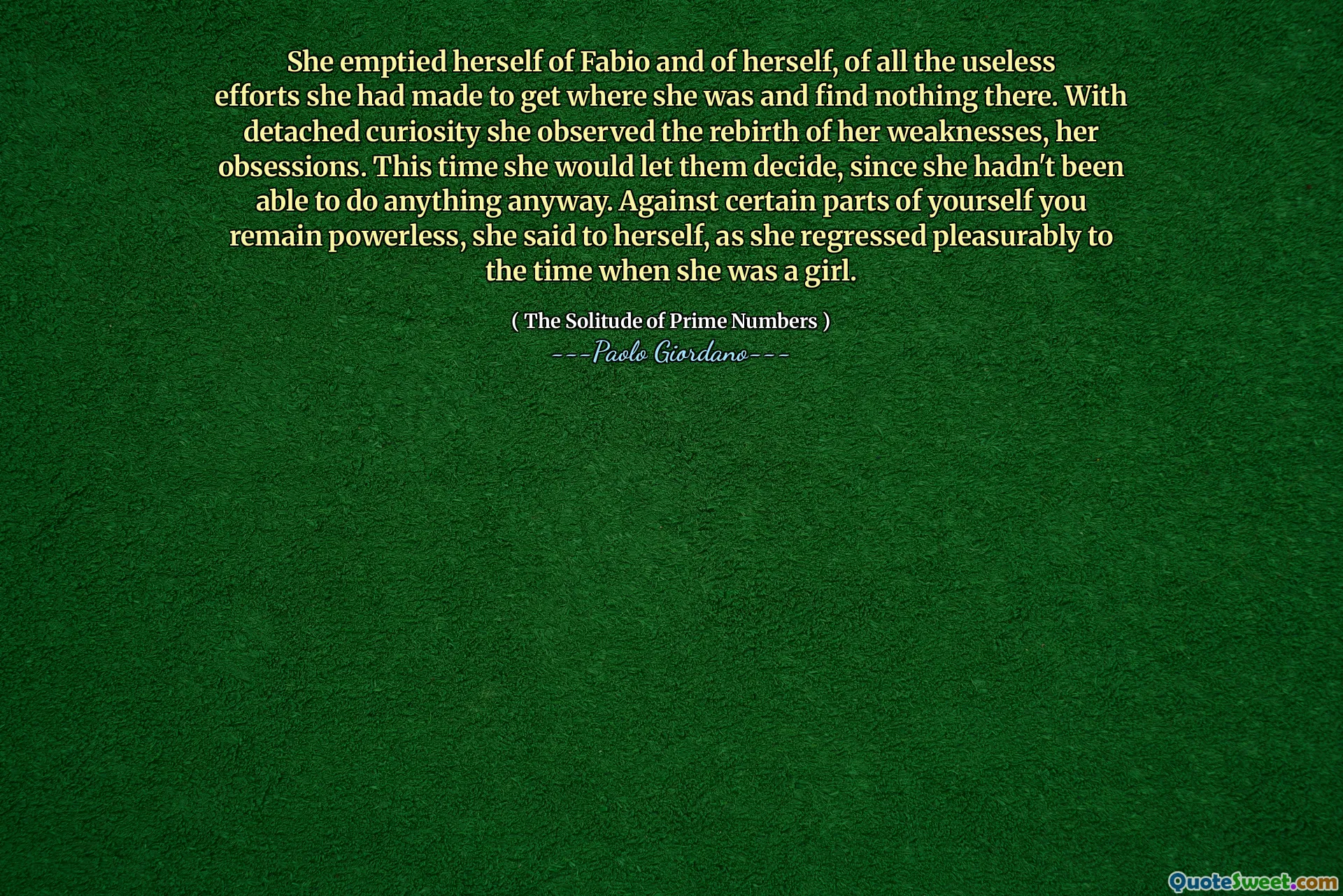
She emptied herself of Fabio and of herself, of all the useless efforts she had made to get where she was and find nothing there. With detached curiosity she observed the rebirth of her weaknesses, her obsessions. This time she would let them decide, since she hadn't been able to do anything anyway. Against certain parts of yourself you remain powerless, she said to herself, as she regressed pleasurably to the time when she was a girl.
This quote from The Solitude of Prime Numbers by Paolo Giordano poignantly captures the profound introspection and emotional surrender that one experiences when faced with internal conflicts and the futility of control. The protagonist's act of 'emptying herself' symbolizes a shedding of burdens, relationships, and self-expectations–a moment of raw vulnerability that resonates deeply. By recognizing the 'useless efforts' she made, there's an honest confrontation with disillusionment and the realization that certain pursuits and ambitions can lead to emptiness instead of fulfillment.
Her detached curiosity about the 'rebirth of her weaknesses and obsessions' reveals a complex dynamic: a simultaneous acceptance and observation of one's flaws without judgment. This detachment is crucial, as it shifts the perspective from self-criticism to gentle acknowledgment. The decision to let these weaknesses "decide" indicates a surrendering to parts of the self often repressed or denied, embracing vulnerability as a form of power, or at least as a necessary step towards understanding and perhaps healing.
The line "Against certain parts of yourself you remain powerless" is a poignant reminder of our intrinsic limitations. No matter how much we strive for control, some layers of our psyche are beyond conscious command and resist rational control. Finally, her regression "pleasurably to the time when she was a girl" evokes nostalgia and the retreat to innocence or a safer internal space where complexities of adulthood have yet to impose themselves. It suggests both a refuge and a recognition that within us remains a child-like core that influences who we are.
Overall, the quote delves into themes of self-awareness, surrender, internal conflict, and the bittersweet power of introspection, making it richly evocative and relatable.

